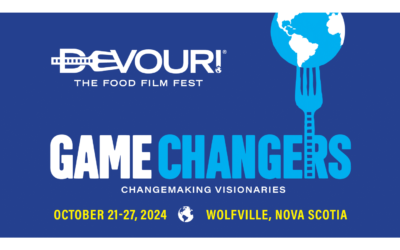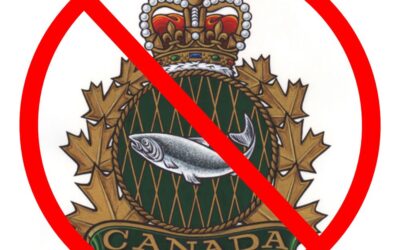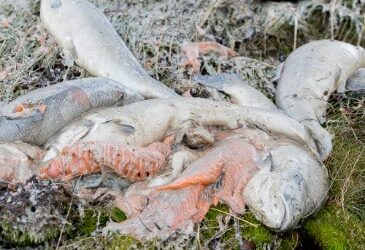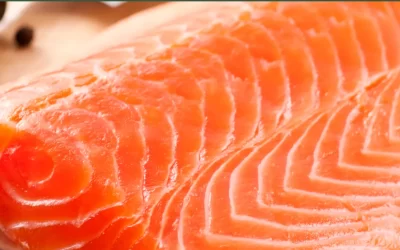It’s the end of the line for open-net pen farmed salmon.
Salmon has become one of the most popular dishes in restaurants and at home, but its popularity has come at a cost: It’s bad for people, the planet and both wild and farmed salmon.
Join the movement of chefs, restaurants, writers, caterers and food lovers to help us take open-net pen farmed salmon off the table.
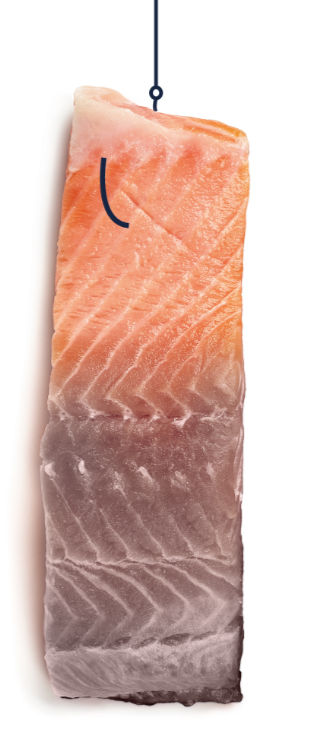
Get the facts.
Learn more about some of the top reasons chefs are dropping open-net pen farmed salmon from their menus.
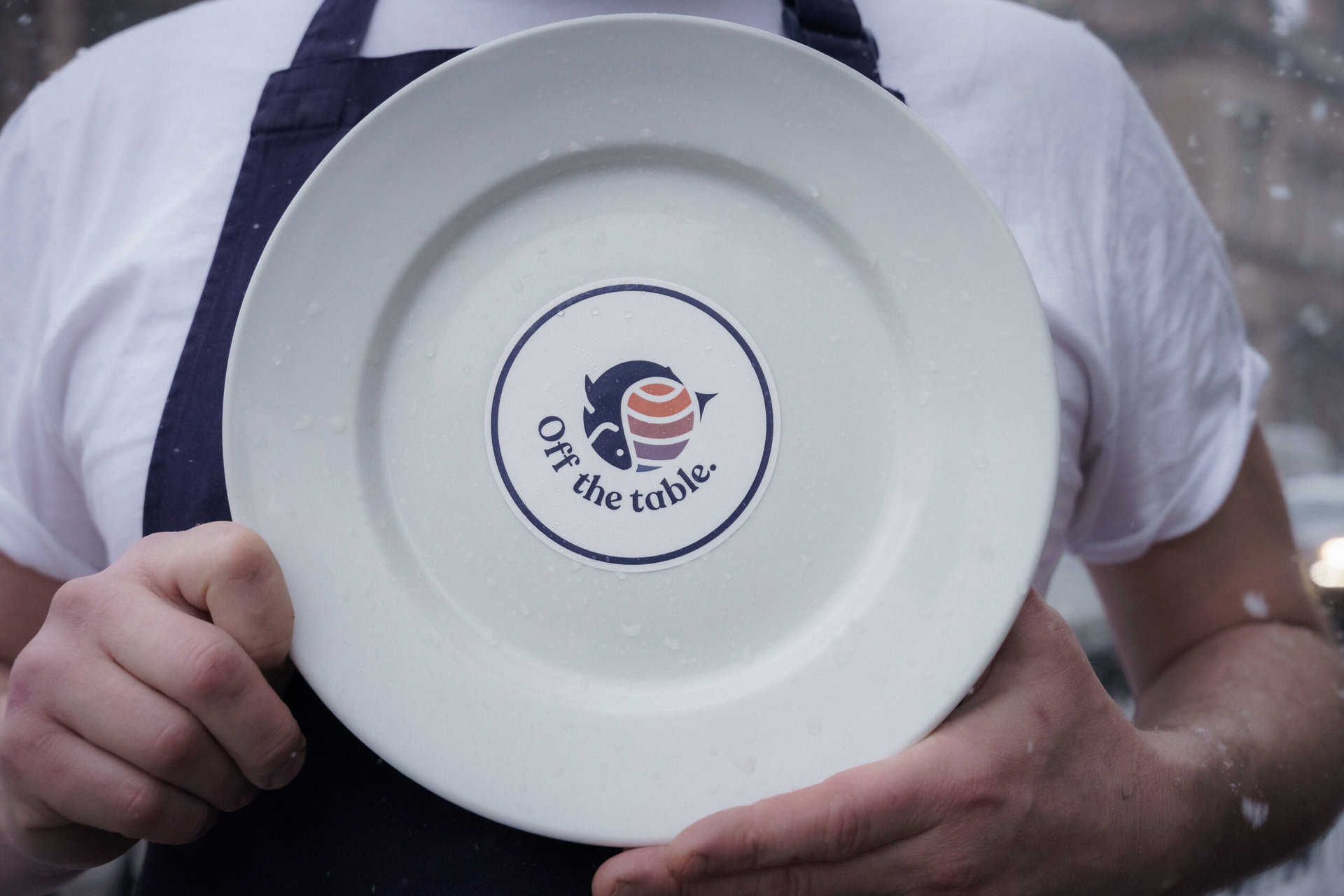

Copyright Tavish Campbell
Bad for the planet
Open-net pen salmon farms are breeding grounds for parasites and disease. They also discharge toxic chemicals and waste into the surrounding environment, affecting and killing other marine wildlife.
Find out more about the environmental issues.

Copyright Clayoquot Action
Bad for people
Find out more about the sustainability issues.

Copyright Alex Morton
Bad for salmon
Worldwide, up to 25% of ocean-raised farmed salmon die every year from disease, sea lice infestations, and rising water temperatures attributed to climate change. Sometimes, the numbers are worse. For example, in 2019, and in the years since, Newfoundland’s salmon farms have lost more salmon than they have harvested. Worldwide, according to a recent peer-reviewed study in Nature, 865 million farmed salmon have died in mass die-offs in the last decade.
Find out more about the welfare issues..
Our Off the table community
Head to the Members’ page to see our growing community and find a supporting restaurant near you.
News
Off the Table Canada to join Devour! The Food Film Festival
Off the Table Canada is proud to join the international chefs and filmmakers at Devour! The Food Film Festival. The theme for this year’s festival is “Game Changers: Changemaking Visionaries.” The focus on ethical eating mirrors Off the Table’s global campaign to...
Canada’s regulation of open-net pen salmon farms challenged by scientists and academics
Canada’s regulation of open-net pen salmon farms has been challenged by scientists and academics for years. Part of the problem stems from the structure of the federal Department of Fisheries and Oceans (DFO), which has the conflicting responsibilities of protecting...
865 million farmed salmon died in mass die-offs in last decade
The popularity of farmed Atlantic salmon on dinner tables worldwide has been a disaster for the king of fish. A 2024 study determined that 865 million farmed salmon have died in mass die-offs in the last decade. The scientists blamed the deaths on several factors,...
Finfish farming “a death producing industry”
In 2010, anthropologists Peter Benson and Stuart Kirsch created a new lens through which to consider the role of corporations in society – specifically the damage caused by some industries and the ways these corporations shape public and government responses to...
“At our restaurant, we prioritize serving locally sourced ingredients to support our community and promote sustainability. By doing so, we ensure that our dishes burst with the freshest flavors and maintain our dedication to environmental stewardship. We recognize the detrimental effects that ocean-raised salmon can have on our local ecosystems, including water pollution and the transmission of diseases to wild fish populations. Opting for wild-caught or land-raised salmon resonates with our ethos of honouring the natural abundance of our region while minimizing our ecological impact.”
Heather Townsend
EDNA Restaurant, Halifax NS


